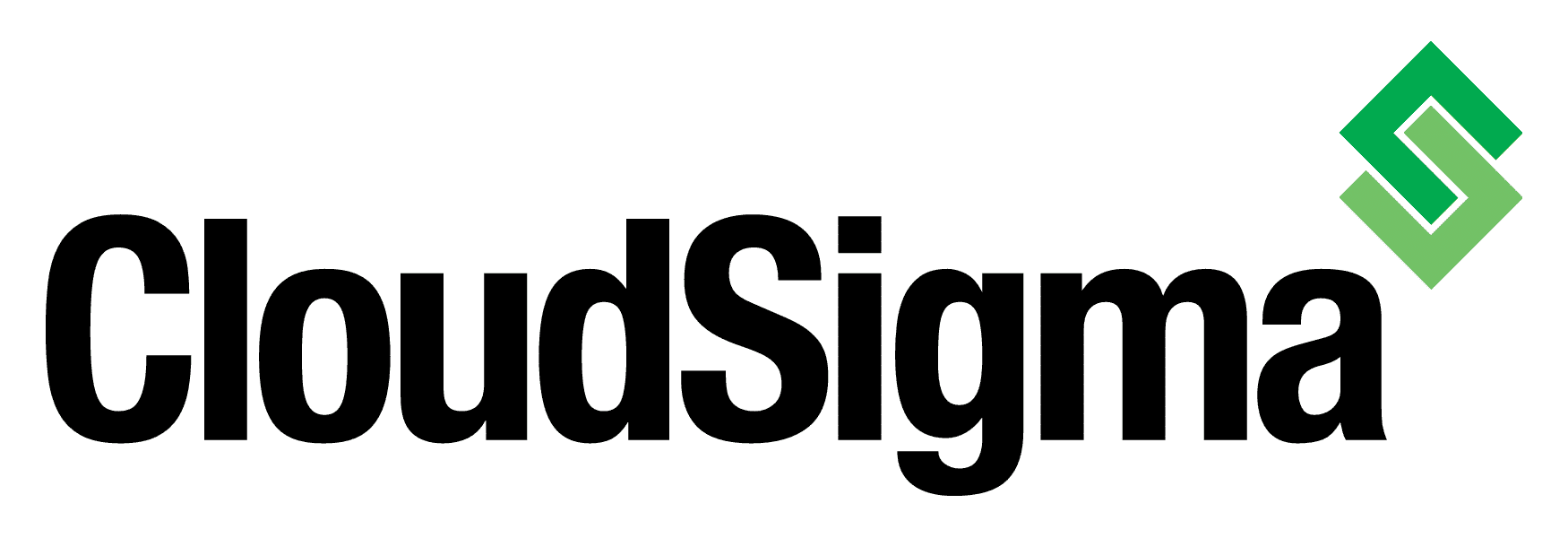There are three key facts in my mind when it comes to the problem with IP addresses:
Fact 1: The world is running out of IP addresses; well the kind that we all use today anyway (version 4). Usage is accelerating and outstripping all previous estimates. We will run out in 2012 at the latest.
Fact 2: There are tens of millions of IP addresses already given to companies that are unused.
Fact 3: Most of the internet is not ready for the next generation ,IPv6 yet and progress is slow.
So on the one hand we are running out of this vital networking resource yet on the other hand people who have them are either not using them or at least not using them efficiently and why would they, they are after all free?! When a resource is unlimited it makes some sense to make it free. When the internet was created, 4.3 billion IP addresses felt like unlimited; now it seems like a much smaller number to manage every internet connected device out there.
Other resources once thought of as unlimited are often now charged for as supplies become limited. A good example of this is water which in many places is now metered and charged for. As we run out of IP addresses, does it really make sense to keep giving them away for free?
Mi
As a company hosting many servers, we have to apply for new IP space regularly and every time it is noticeably more challenging with additional checks and monitoring of usage. So, new allocations are being used more efficiently but the simple fact is, most of the IP space has already been given away without such precautions. What if IP addresses were rented? Companies don’t own IP addresses by the way. The question is, what if the Internet Assigned Numbers Authority (the entity that looks after IP space) decided to charged an annual fee for each IP address allocated to an individual or company? What affect would this have?
A company holding millions of IP addresses and not using them could either choose to pay the fee for each (very small for one IP but it mounts up) or hand them back for re-allocation to someone who actually needs them to use. There are also great efficiency gains that could then be made. Companies could restructure their networks to use local NATs and other arrangements where possible. This would eke out their existing allocations or release IPs back for re-allocation thus saving them money.
Mi
There would be a direct financial burden in having an IP address so you just wouldn’t want to hold IPs if you weren’t using them. The level of the rental cost per year needn’t be high. For retail users the fee would hardly affect the cost of internet access at all (most ISPs charge for static IP addresses already). For big users of IP addresses, it would however affect their behaviour which is of course the aim.
The other main benefit to this would be that you’d keep IPv6 totally free. So, if a company was to switch over to IPv6 they’d avoid entirely the new IPv4 fee. Rewarding companies and individuals that make the leap to the new IP standard makes pragmatic and economic sense.
The money from IPv4 fees could then be used to encourage additional adoption of IPv6 and open web standards, perhaps helping non-commercial institutions to make the shift across to IPv6. In short, world would buy a bit more time to introduce IPv6.
So, lets introduce a modest annual rental fee for an IP address just like for domain names. Lets use this precious (and finite) resource more efficiently!
The CloudSigma team.
- CloudSigma Expands Public Cloud to Melbourne, its Second Australian Location - April 3, 2017
- CloudSigma Launches new German Cloud location with DARZ - September 12, 2016
- CloudSigma Expands its Global Footprint to the Australian Market - May 17, 2016
- SSDs gaining traction in the cloud - June 7, 2012
- Let the cloud add real value - May 28, 2012


